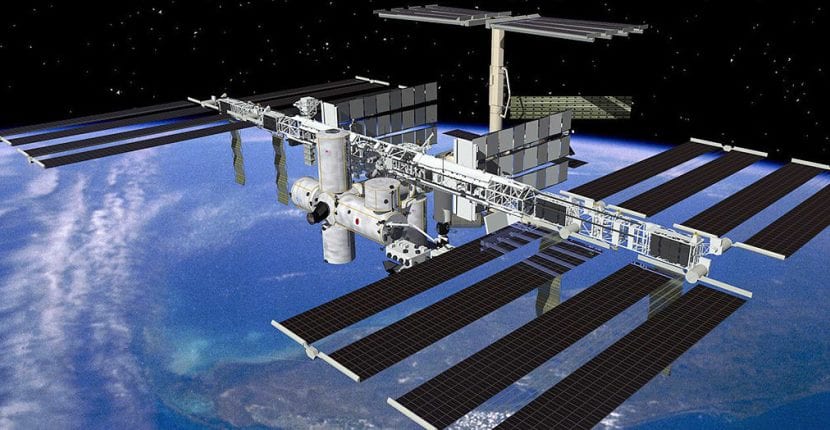
El ISS Design Challenge is an international contest promoted by the company Mouser Electronics where it is sought that anyone with a good idea can participate in it, in this way, from engineers, students and even 'makers'can present their projects and compete on equal terms.
On this occasion, the contest sought that the participants develop some type of tool or utensil that would be useful to be used by astronauts and that, in turn, could be manufactured by 3D printing directly on the International Space Station.
A project to make mini-satellites in space is the winner of the ISS Design Challenge.
With this in mind, Andrew Philo, responsible for the winning initiative, has created a project where it is sought that they can be manufactured minisatellites printed in 3D whose ultimate goal is basically to create an internet system for space, something similar to the internet of things Earth but to be used in space by astronauts.
The project describes how these minisatellites would be, basically we talk about a cube-shaped structure 30 millimeters wide and long, four millimeters thick and with a final weight of only seven grams. This frame would be equipped with materials very similar to those used to manufacture the electronic components present in mobile phones so that we find several sensors, a microprocessor and even a radio.
One of the main tasks of this peculiar network of satellites capable of exchanging information between them, would provide a very useful tool for monitor information about space weather, Sun activity, asteroid environment or cosmic radiation to scientists and astronauts. As a final detail, tell you that this project will be put to the test next year on the International Space Station where astronauts already have their own 3D printer.